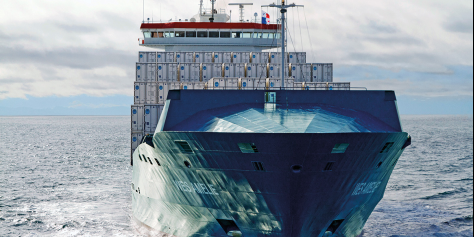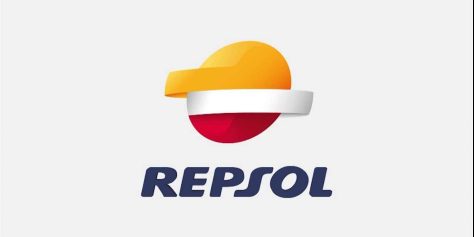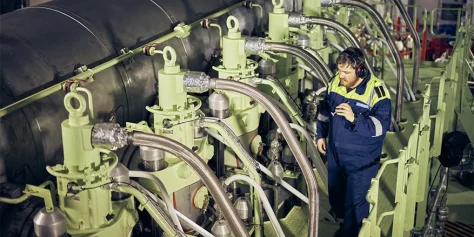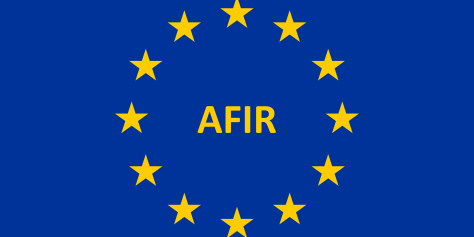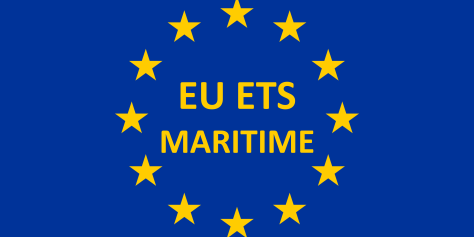Liquefied synthetic natural gas (GNS) from the maritime world. The 10.53 gross ton ElbBlue was supplied with this neutral fuel in the German port of Brunsbuttel, near Hamburg, for a trip to Saint Petersburg, Russia, and a second refueling is planned when it returns to Germany before continue towards Rotterdam.
The facility, which represents an investment of more than 10 million euros, will be used to supply marine LNG to Brittany Ferries Salamanca and Santoña gas vessels, which will start operating in 2022 and 2023 respectively.
REintegrate and European Energy will establish a new Danish facility to produce the approximately 10,000 tonnes of carbon-neutral electric methanol that the first Maersk vessel with the capacity to operate on green electronic methanol will consume annually. Maersk will work closely with REintegrate and European Energy in the development of the facility.
The International Maritime Organization (IMO) has set new targets to reduce CO2 emissions (from transport work): a decrease of 40% by 2030 and 70% by 2050, compared to 2008 levels. annual greenhouse gas (GHG) emissions from international shipping, stipulating a reduction of 50% by 2050. Two associated IMO indices - EEXI and CII - have been established to provide shipowners with a benchmark to reduce their levels and get on track to meet the objectives.
This initiative aims to ensure the availability and ease of use of a dense and widespread network of infrastructure for alternative fuels throughout the EU. All alternative fuel vehicle users (including ships and aircraft) should be able to move around the EU with ease, thanks to key infrastructures such as motorways, ports and airports.
The legislative proposal would include emissions from shipping in the current EU ETS. Emissions from the current ETS sectors (including the expansion to the maritime sector) should be reduced by 61 % by 2030, compared to 2005 levels, an increase of 18 percentage points from the current reduction level of 43 %.

